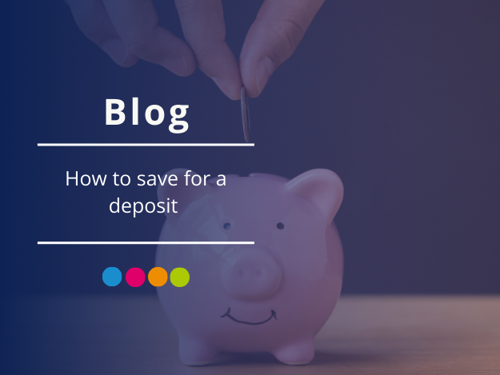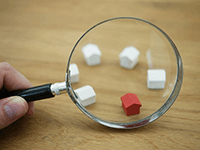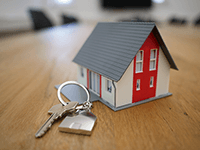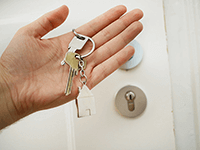
Are you saving for a house deposit? Saving for a home can feel difficult, but it’s possible with the right plan. By cutting back on spending and saving more, you can work towards reaching your goal.
In this blog, we’ll share simple tips to help you save for a deposit and start moving up the property ladder.
How much do you need for a house deposit?
The amount you need for a house deposit depends on the price of the property. Usually, the deposit is about 10% of the property’s value. For example, if the house costs £250,000, your deposit would be £25,000.
While 10% is common, it can vary. You might be able to put down just 5%, or you may want to pay more than 10%. But remember, even if you have enough for the deposit, your mortgage could be declined if your income isn’t enough to cover the monthly payments.
It’s a good idea to use a mortgage calculator to see what you can afford. Once you know your budget, you can start saving for your deposit.
Start a plan
Before you start saving, it’s a good idea to make a plan for how and where you’ll save your money. There are different ways to save, so take time to research the best options. For example, don’t leave all your money in your regular bank account, as you may miss out on earning interest. Consider opening a savings account with a better interest rate to help your money grow faster and reach your goal sooner.
Set a realistic goal with a clear time frame. Having a target gives you something to work towards. It’s helpful to break it down into smaller, more achievable goals, like saving £2,000 at a time. Once you reach each target, set a new one. This makes the overall goal feel less overwhelming than trying to save £25,000 all at once.
Also, plan for any extra costs that might come up when getting a mortgage, such as broker fees, solicitor fees, stamp duty, or service charges. Not all of these may apply to your situation, but it’s good to be prepared.
Keep updated with the housing market
Once you’ve saved enough for your deposit, make sure to keep an eye on the housing market. Being ready to buy doesn’t always mean it’s the right time. Keeping track of mortgage rates and market trends can help you save money by applying when the time is right.
But, don’t rely too much on news or predictions. Mortgage rates can change quickly, so waiting for them to drop even more might not be the best idea. If rates are low when you're ready to buy, it may be better to act rather than risk waiting and ending up with a worse deal.
Consider alternative options
If you're finding it hard to save enough for a house deposit, there are other options to help you reach your goal. One option is a shared ownership mortgage. With this type of mortgage, you buy a percentage of the property, while the rest is owned by a landlord. The benefit of this option is that the deposit needed will be smaller because you’re only buying part of the property.
Another option is to ask a family member for help with your deposit. If they offer you a gifted deposit, you might be able to put down more money. Just be sure to inform your lender if this is your plan.
Summary
Saving for a house deposit can be challenging, but there are several strategies you can use to help you reach your goal. It’s important to know how much you need to save, create a budget, stay informed about the housing market, and explore other options available to you. Remember, saving for a deposit takes time, so be patient and save whenever you can.
Loans are secured against property - Think carefully before securing other debts against your home. Your home may be repossessed if you do not keep up repayments on a mortgage or any other debt secured on it.




